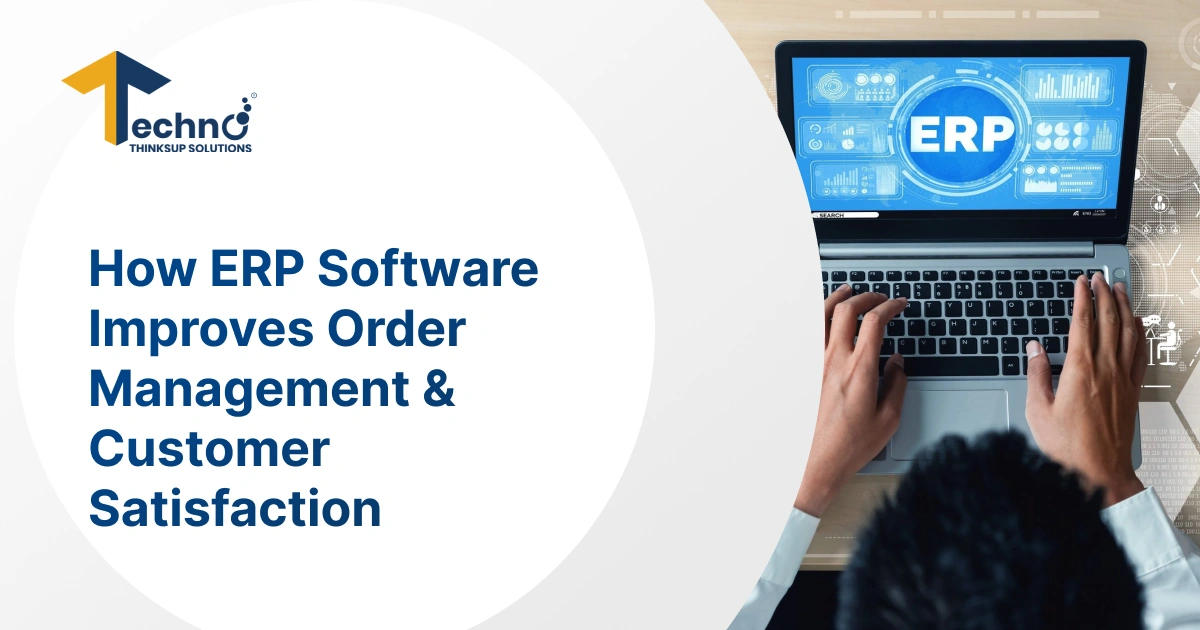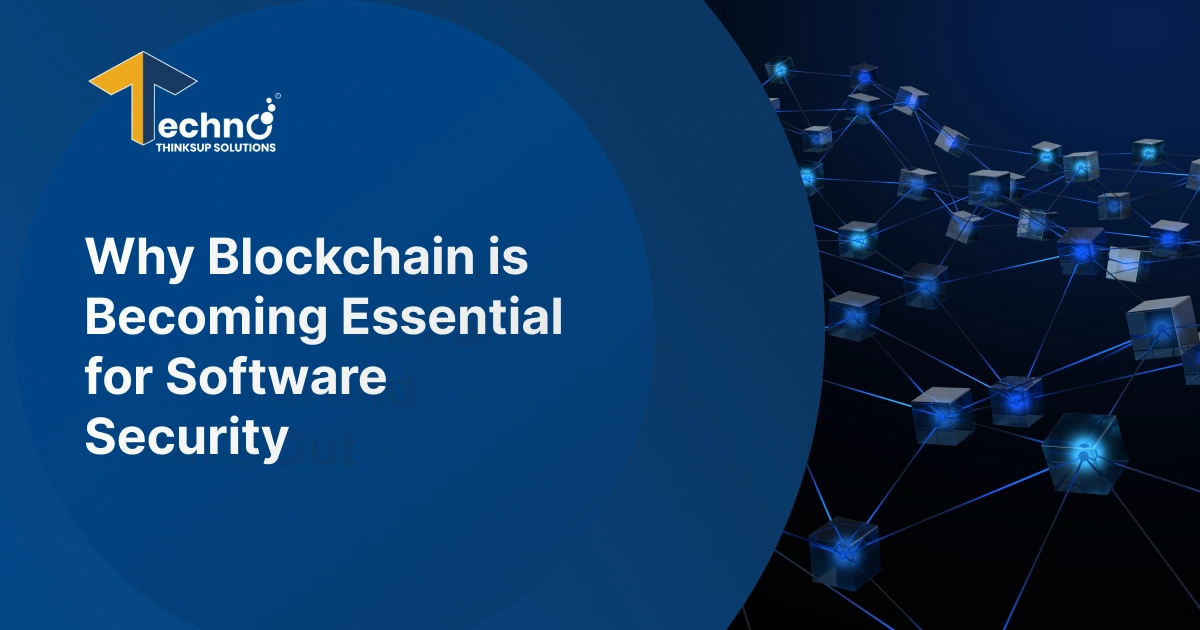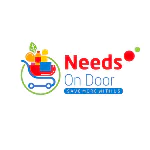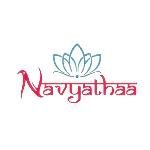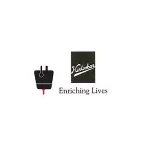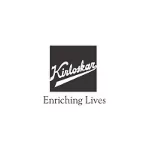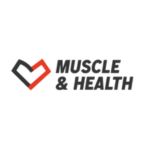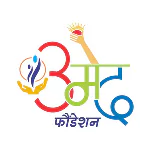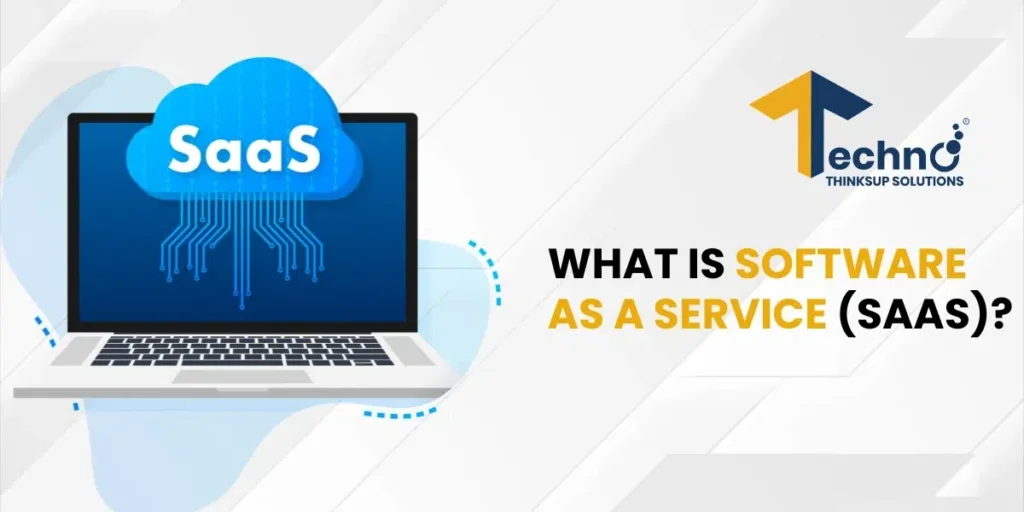
Software as a Service (SaaS) is a model where applications are hosted by a provider and made available to customers over the internet. This model eliminates the need for users to install and maintain software on their own systems. Instead, businesses and individuals can access and use these applications from anywhere, simply by logging in with their credentials. This delivery model has gained immense popularity across industries, as it offers a flexible, scalable, and cost-effective solution for both end-users and providers.
As a top SaaS app development company in Bangalore, we have seen firsthand how SaaS has revolutionized business operations by providing convenient, cloud-based solutions that reduce costs and improve productivity. In this blog, we will cover the key aspects of SaaS, its benefits, and what makes it an essential service for modern businesses.
Take the First Step Today
Schedule Your Consultation and Unlock Growth Opportunities !
Key Features of SaaS
SaaS applications have several distinctive characteristics that set them apart from traditional software. Here are the key features:
1.Hosted on the Cloud
SaaS solutions are hosted on the cloud, which means they are accessible from any location with an internet connection. This cloud-based infrastructure allows businesses to scale up or down according to their needs without the hassle of managing physical hardware.
2.Subscription-Based Pricing
One of the main advantages of SaaS is its flexible subscription-based model. Rather than making a large one-time investment, users pay a monthly or annual fee to access the software. This approach is budget-friendly and enables businesses to use only what they need.
3.Automatic Updates and Maintenance
SaaS providers handle software maintenance, security, and updates, so users are always accessing the latest version without having to manually install updates. This also means that the software is always optimized, reducing the risk of security vulnerabilities.
4.Scalability
SaaS applications are easily scalable, allowing businesses to increase or decrease their subscription levels based on usage and demand. This scalability is beneficial for companies of all sizes, as they can adjust their software requirements without incurring additional costs for new hardware or licenses.
5.Accessibility Across Devices
SaaS solutions are designed to be device-agnostic, allowing users to access them on desktops, laptops, smartphones, and tablets. This cross-device functionality ensures users can work from wherever they are, promoting productivity and flexibility.
Benefits of SaaS for Businesses
SaaS has brought transformative benefits to businesses, driving its popularity across industries. Here is how SaaS delivers value to organizations:
1.Cost-Effectiveness
SaaS eliminates the need for expensive hardware and software licenses, making it an affordable option for businesses. The subscription-based pricing model allows companies to plan their expenses more effectively, as they only pay for what they use.
2.Ease of Access
SaaS applications are accessible via the internet, which means users can work from anywhere. This accessibility is especially important in today’s remote-working environments, as it allows team members to collaborate seamlessly.
3.Reduced Maintenance
SaaS providers handle the maintenance and security of their applications, which removes a significant burden from internal IT teams. The result is more time and resources for businesses to focus on core functions, rather than software upkeep.
4.Fast Deployment
SaaS applications are ready to use as soon as users subscribe and log in, with no complex installation processes. This quick deployment enables businesses to get up and running with new tools quickly, leading to a faster return on investment.
5.Scalability and Flexibility
SaaS applications allow businesses to scale their usage as needed. Whether it is adding more users or upgrading to a higher plan, SaaS solutions offer flexibility that traditional software can not match.
Types of SaaS Applications
SaaS applications cover a wide range of functionalities, making them suitable for various business needs. Some of the most popular types of SaaS applications include:
1.Customer Relationship Management (CRM)
CRM platforms, such as Salesforce and HubSpot, are widely used in SaaS form. These tools help businesses manage customer interactions, track leads, and optimize sales processes. CRM SaaS solutions are critical for companies looking to enhance customer relations and boost revenue.
2.Enterprise Resource Planning (ERP)
ERP systems integrate various business functions like finance, HR, and operations. SaaS ERP solutions, such as Oracle ERP Cloud, make it easier for companies to streamline processes and improve efficiency.
4.Human Resource Management (HRM)
SaaS HRM platforms like Workday and BambooHR are designed to manage hiring, onboarding, payroll, and other HR functions. With these SaaS tools, HR teams can focus on enhancing employee experience and optimizing workforce management.
5.Project Management and Collaboration Tools
Tools like Asana, Trello, and Slack are popular SaaS applications that facilitate collaboration and project management. These tools are indispensable for distributed teams, enabling streamlined communication and efficient workflow.
6.E-commerce Solutions
SaaS platforms like Shopify and BigCommerce allow businesses to set up and manage online stores without needing technical expertise. These solutions handle everything from payment processing to inventory management, making e-commerce accessible for all business sizes.
How SaaS is Transforming Business Operations
SaaS applications have revolutionized how businesses operate by simplifying software access and providing real-time insights. Here are a few ways SaaS is driving transformation across various industries:
1.Enhanced Collaboration
With SaaS tools, teams can collaborate in real-time regardless of location, fostering productivity and innovation. Project management SaaS applications enable teams to manage projects effectively, assign tasks, and track progress, all from a centralized platform.
2.Real-Time Data Analytics
SaaS platforms often come with built-in analytics, providing businesses with valuable insights into customer behavior, marketing performance, and operational efficiency. With real-time data, companies can make informed decisions to stay competitive.
3.Improved Customer Engagement
By using SaaS CRM and marketing tools, businesses can track customer interactions, personalize experiences, and deliver targeted messaging. This level of engagement can drive customer satisfaction and loyalty, leading to long-term success.
4.Increased Agility and Flexibility
SaaS allows businesses to respond quickly to changing market demands. With SaaS applications, companies can easily expand or modify their tech stack without major disruptions, ensuring they remain agile and competitive.
Security and Compliance in SaaS
Security and data privacy are paramount for any business using SaaS applications. Top SaaS app development companies, like those in Bangalore, prioritize security and compliance by incorporating robust encryption, regular audits, and adherence to regulatory standards.
1.Data Encryption
Most SaaS providers use high-level encryption protocols to protect sensitive data. This ensures that information exchanged between the client and provider remains secure.
2.Compliance with Regulations
SaaS providers comply with regulatory standards like GDPR, HIPAA, and SOC 2, providing assurance to businesses that their data will be handled responsibly. This compliance is especially crucial for industries with stringent data privacy requirements, such as healthcare and finance.
3.Regular Updates and Patches
SaaS providers continuously monitor for vulnerabilities and release patches as needed, reducing the risk of security breaches. This proactive approach to security maintenance provides businesses with peace of mind.
Choosing the Right SaaS App Development Company
If your business is considering developing a SaaS solution or enhancing an existing one, selecting a reputable SaaS development partner is crucial. The top SaaS app development company in Bangalore, like Technothinksup Solutions, brings technical expertise and industry knowledge to help clients build robust, secure, and scalable SaaS applications.
When choosing a SaaS app development company, consider factors such as:
1.Experience and Track Record: Look for a company with a proven track record of successful SaaS projects.
2.Technical Expertise: Ensure the development team has expertise in cloud computing, security, and relevant programming languages.
3.Client-Centric Approach: A good SaaS development partner will prioritize your needs, offering customized solutions that align with your business goals.
Conclusion
Software as a Service (SaaS) has become an essential component of modern business infrastructure, offering flexibility, cost-efficiency, and scalability. Whether for CRM, project management, or e-commerce, SaaS applications empower businesses to streamline operations and adapt to changing market needs. For companies looking to develop a SaaS solution, partnering with the top SaaS app development company in Bangalore, ensures a high-quality, tailored product that drives value and accelerates growth.
Begin Your Digital Transformation
Minimize risks and establish a strong foundation for your ambitious projects.
Subscribe
Subscribe for updates, exclusive offers, and expert insights straight to your inbox !
